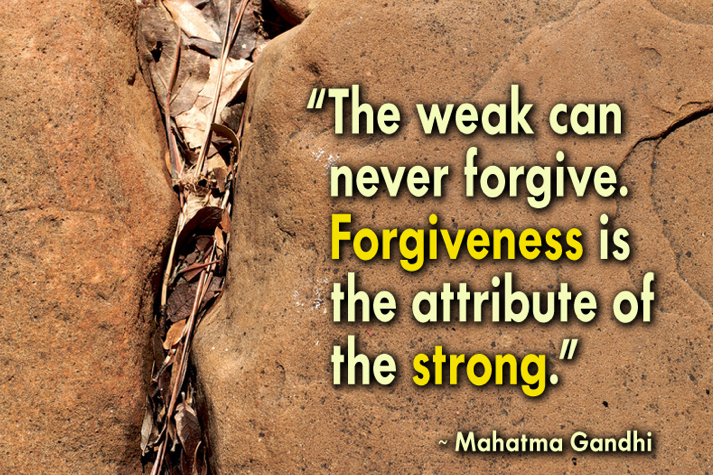Employers could be prevented from accessing the bad credit history of licensed workers under a proposal that won committee support last week in Springfield.
“We don’t want to tag people with an old mishap for the rest of their lives,” said state Rep. Ron Sandack (R-Downers Grove), one of the bill’s co-sponsors.
Under Senate Bill 1841, which the Illinois House Business and Occupational Licenses Committee approved Feb. 5, a person required to have a license to work could apply to remove a disciplinary offense if it occurred at least seven years ago.
Infractions that could be removed include: failure to pay taxes or student loans, continuing education, failure to renew a license on time and mishaps later determined to be grounds for discipline by the Illinois Department of Financial and Professional Regulation.
Eligible individuals would have to pay a $200 nonrefundable fee. If approved, the offense would remain on a person’s record but be removed from the Illinois Department of Financial and Professional Regulation’s public website.
These kinds of minor infractions don’t impact someone’s ability to work, Sandack said. He added that the public could still learn about an offense but would have to submit a Freedom of Information Act request.
If the General Assembly approves the law, Illinois would join nine other states and be the first in the Midwest to have such a statute, said Amy Traub, a senior policy analyst at Demos, a public policy research organization that tracks legislation.
Persis Yu, a staff attorney for the National Consumer Law Center Inc., said she has seen bad credit make it hard for some applicants to get jobs.
“There are problems with using financial hardships to deny somebody to make a living,” Yu said. “I think it’s based more on a stereotype of perception rather than their qualifications to perform their job.”
It’s this stereotype that led state Rep. John M. Cabello (R-Machesney Park), another co-sponsors, to first take interest in the bill.
Cabello said he had a constituent who studied to be a nurse and received his license in 2008. But with a bad economy, the man could not find a job right away, which led him to fall behind on his student loan payments — a disciplinary offense that is now part of his record.
Even though he eventually paid off his student loans and found employment, Cabello said his constituent can’t find the job he really wants.
“This could affect the rest of their lives if we don’t do something,” Cabello said.
State Sen. John G. Mulroe (D-Chicago), the bill’s chief sponsor, said he was approached by constituents in the optometry field.

“My comfort level was put at ease because of the nature of infractions that we are allowing to be confidential,” Mulroe said.
One infraction — failure to pay child support — was removed from the bill at state Sen. Pamela J. Althoff’s (R-Crystal Lake) suggestion.
She said she has been a strong advocate for child support and believes people should always be held accountable for those payments.
Althoff said she supports the bill in its current form because an “extenuating personal crisis or issue” could have prevented someone from paying their taxes or loans on time.
“I see it as more of an opportunity to ensure that those individuals that made a minor mistake don’t have to have that following them the rest of their lives and impugn their character,” Althoff said.













Be First to Comment